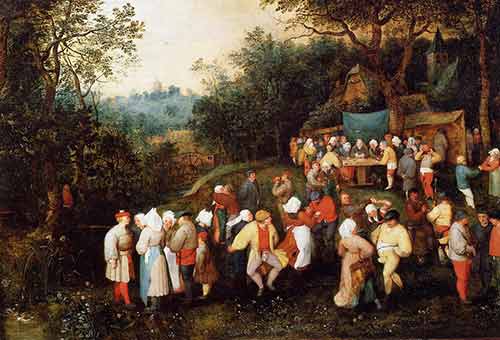
Recently, I read an article by Dr Tom Mulholland about the improvement to human wellbeing through music
Turns out there is a body of research and neurological explanations to underline why great music makes us feel great. It’s do with rhythm and vibration and neural connection and the chemicals that are released.
I had brought this up recently in my homily for the induction of new choir members.
The article includes being connected to other people – through music: creating music together, enjoying being part of a musical experience, forming and deepening relationships through shared interest in similar music.
All these dynamics are at work in worship. [Don’t get me wrong: this is not the motivation for communal worship – it is an effect]. Traditionally, Christian communal worship (and the Jewish tradition from which it sprang) is sung, is musical. My country, New Zealand, (unlike other cultures) does not have a singing culture. Singing is counter-cultural – in a positive way. We must also, therefore, take care that music in our worship is not passive. Certainly, let’s have a piece by the choir or music group, but the primary musical reality at worship is participatory. We all sing. The choir or music group can lead this.
What is your positive experience of music and singing in worship and do you see it enhancing our wellbeing?
If you appreciated this post, do remember to like the liturgy facebook page, use the RSS feed, and sign up for a not-very-often email, …



Oh yes – I cannot keep myself still when God’s saints lift their voices in worship! It’s a prelude to the sounds of heaven, I think. My father is a drummer, so I’ve been surrounded by music all my life, and certain songs are like map pins in my memory of things that happened when I was singing or listening to them.
The study you mentioned interests me, as well. Alzheimer’s disease runs in my family on the maternal side, in women. I find it so comforting that the hymns of our ancestors bring peace and joy to Alzheimer’s patients. God is great, loving, and amazing.
Thank you for sharing these words!
Shauna Duty
Thanks, Shauna. I can’t seem to get to your website. Easter Season Blessings.
Thanks for this fine post, Bosco. I have been singing in church for nearly three quarters of a century and find it essential to my personal well-being. Listening to (or singing along with) the pipe organ has a particularly strong effect; organ music creates a living experience of the architecture and the dynamic movement of the divine. Singing with others has a similar effect to sharing the Eucharist: it unites us in a way I experience as sacramental, “tuning” us not only to each other but to higher and deeper realities (all no doubt mediated by those neural connections and vibrations and chemicals being released in the brain).
Some years ago we had a heartening experience with a dear friend, a fellow Episcopalian, who was declining with Alzheimer’s. He reached the point of needing full-time care, and the woman we engaged was a Methodist from Liberia. The first day she came to work with him, they began to say the Lord’s Prayer and sing hymns together, and it made such a difference in his happiness and health in his final years.
As a professional musician even I have felt excluded from the worship aspect of singing when only the words are provided or it’s repetitive ‘praise and worship’ style long simplistic songs where people are supposed to stand and clap energetically for ten minutes; too old for all that!
I like to see the hymn book or sheet music, old-fashioned I suppose! But it’s not many years ago everyone in Europe and America at least had some basic knowledge of reading music via school or church, and I hate to see the skills be lost. There’s something very moving as you say in making music together, creating harmony.
And the opposite of what I tend to do with therapeutic music groups where the people have memory loss and often physical disabilities so we use music in the long-term memory rather than struggle with books and papers.
I could write a book about the miracles I have seen where someone struggling with dementia or depression has burst into song, it really is a joyful experience which uplifts everyone around. Not least me.
Now I work Sundays at a small Unitarian Church so we use music from lots of cultures, and the congregation tell me often how much they enjoy the music in the services. It’s almost all participatory, intentionally, so it doesn’t feel like a little ‘concert’ in the middle of the service, though I often use small parts of traditional European church works to go with the liturgy say for the greeting or the collection.
Today I sang the Mahalia Jackson song:
If I can help somebody, as I pass along,
If I can cheer somebody, with a word or song,
If I can show somebody, that he’s travelling wrong,
Then my living shall not be in vain.
Chorus:
My living shall not be in vain,
Then my living shall not be in vain
If I can help somebody, as I pass along,
Then my living shall not be in vain.
It was one of those moments which slips by unnoticed by the wider world and yet is complete in its spirituality: for many people that’s where their religion is most connected I think, and it is so for me.